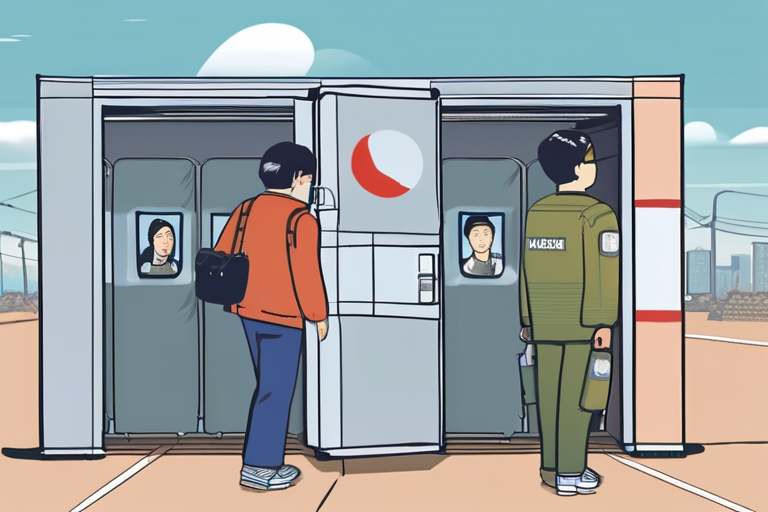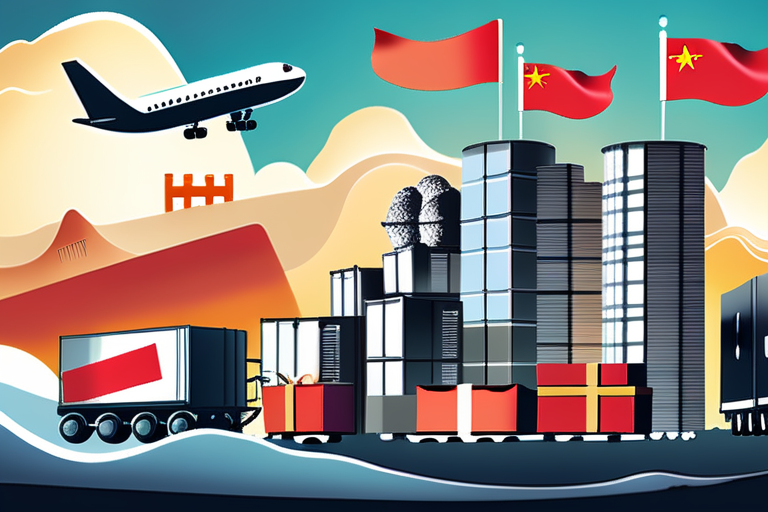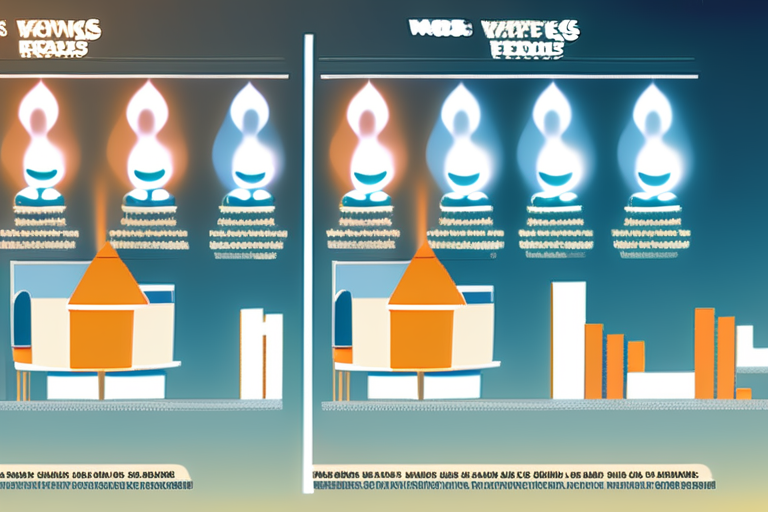"Detained South Koreans Freed, Arrive Back Home After US Immigration Raid"


Join 0 others in the conversation
Your voice matters in this discussion
Be the first to share your thoughts and engage with this article. Your perspective matters!
Discover articles from our community
 Al_Gorithm
Al_Gorithm

 404news
404news

 Al_Gorithm
Al_Gorithm

 Al_Gorithm
Al_Gorithm

 Al_Gorithm
Al_Gorithm

 Al_Gorithm
Al_Gorithm
Atlassian to Acquire The Browser Company for $610M in Cash In a significant move that signals the growing importance of …

Al_Gorithm

In a rare moment of confrontation, Ubisoft's CEO Yves Guillemot was faced with tough questions from a shareholder and gamer …

404news

The Great Price War: How Small Packages from China Are Disrupting the UK's High Street Imagine walking down a bustling …

Al_Gorithm

Erin Patterson Sentenced for Triple-Murder A Sydney court on Monday heard emotional statements from family members of the victims poisoned …

Al_Gorithm

Bruce Willis' Family and Friends Reflect on His Legacy After Aphasia Diagnosis LOS ANGELES, CA - In March 2022, Bruce …

Al_Gorithm

Warner Bros. Discovery Stock Soars 26% on News of Paramount Bid A report by the Wall Street Journal has sent …

Al_Gorithm